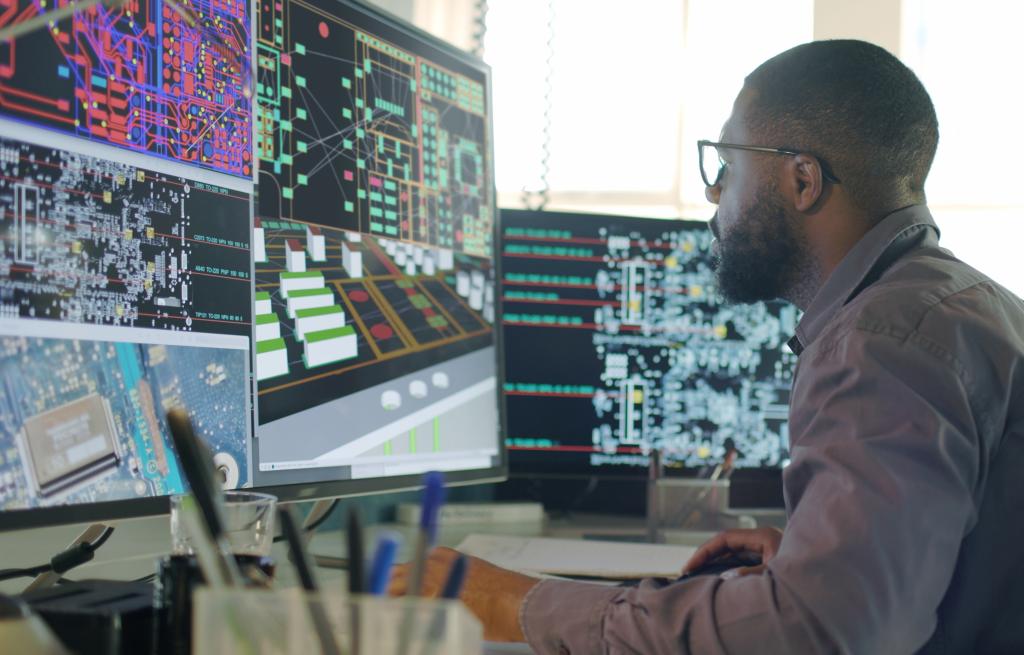Artificial intelligence’s ability to mine facts and data has been marveled at for some time now — but how about its capacity for creativity?
A new poll resulting from a collaboration between The Verge, Vox Media and the consultancy firm The Circus analyzed responses from more than 2,000 US adults, discovering that more and more Americans are realizing the potential of AI to shape the future.
In particular, adults are impressed at AI’s ability to help them create: Whether that means writing an email, an essay, or creating a piece of art, most respondents agreed that AI could do a better job than they could themselves.
Sixty-one percent of respondents said that AI improved upon their own artwork, while just 11% argued that it made their art worse. Another 60% agreed that AI-drafted emails were superior to what they could write themselves, while 45% thought AI-generated essays trumped their own work.
What could that mean for the future?
While the internet has long been a resource for finding information and doing calculations at the drop of a hat — providing answers much quicker than a book or pen-and-pencil long division — the recent trend of using virtual AIs like ChatGPT and Midjourney has created a new AI boom as users turn to the software for generative, rather than strictly informational, purposes.
Forty-four percent of AI art users have asked platforms to copy an artist’s style, raising ethical concerns about where AI sources its data and whether living artists should be compensated for data used without their consent.
According to the poll, 70% of people felt that artists should be reimbursed for that type of usage, despite their feelings that AI created better art than they could themselves.

Also notable is the finding that 76% of those polled believe that AI needs to be subject to certain laws and restrictions, demonstrating that there is overwhelming support for the regulation of artificial intelligence.
The poll’s findings about AI’s ability to generate — rather than merely regurgitate information — reflects the concern in recent years that AI will eventually have a serious impact on people’s professional and personal lives.
Thirty-one percent of respondents agreed that they were “worried” about that very thing, while 20% reported that they were “excited” — and another 31% reported being both worried and excited.

Despite the poll’s findings, recent stories have suggested that — particularly in creative fields — AI won’t necessarily win the day.
When Netflix’s “Black Mirror” writing team tried to write an episode with ChatGPT, the results were “s–t,” according to creator Charlie Brooker.
And students attempting to use AI to do their assignments might be better off with the old “my dog ate my homework” excuse — unless they want to get busted for cheating.
While AI’s vast possibilities continue to amaze many, there’s still reason to believe that its abilities have limits.
AI could have extraordinary implications for technology, but as far as human creativity goes, some experts still believe that computers will remain second-best.
Source




